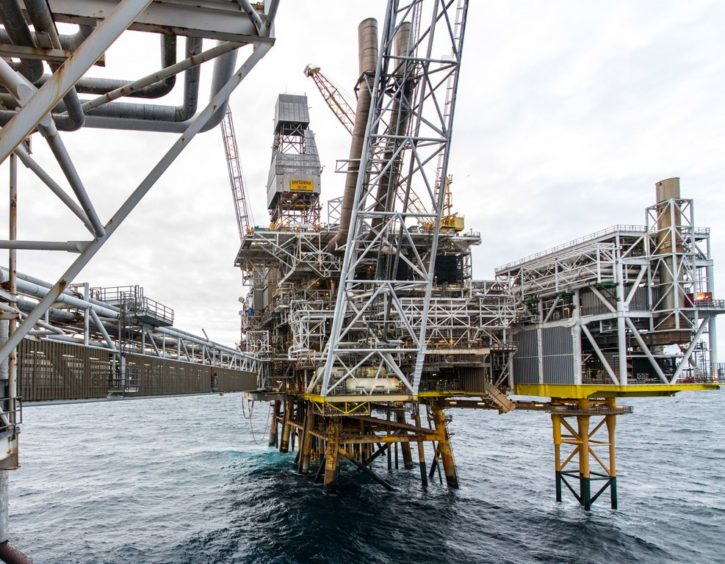
Researchers have set out the near-term impact on North Sea players from the windfall tax, while EnQuest reportedly is looking elsewhere to invest.
A report from The Telegraph, citing City sources, said EnQuest had found the Malaysian government supportive and is open to locations “instead” of the North Sea.
However, in a statement to Energy Voice, EnQuest said it has no plans to change its investment strategy in the UK, which has totalled around £4bn over the last 12 years and “our plans are continuing unchanged”.
The Telegraph cites city sources, stating EnQuest has raised concerns directly with the UK Government, and quotes them as saying the levy in its current form creates “uncertainty about the investment climate for North Sea oil and gas for years to come”.
They added: “Longer term, the proposed tax reliefs for investment don’t extend to the renewable energy system we want to drive forward in the UK and invest in very substantially. When making plans for the next decade and beyond, we need certainty.”
Shares in EnQuest, Serica and Harbour Energy all dropped last week as analysts at Jefferies released research showing the impact of the £5bn levy on each firm.
The company is to calculate the Chancellor’s new measures before making a decision.
Researchers have pointed at the hefty investment allowance, which combined with other measures, equates to over 90% relief on spending.
Firms like Shell and EnQuest have highlighted that this does not extend to renewables.
Net the allowance, the new levy could add $107m to the Harbour Energy tax bill this year and $268m next year, according to Jefferies.
EnQuest is expected to pay $14m this year and $73m in 2023, while Serica faces an extra bill of $64m this year and $99m next.
In a statement on Friday, energy giant Shell said: “In its current form the levy creates uncertainty about the investment climate for North Sea oil and gas for the coming years.
“And, longer term, the proposed tax reliefs for investment don’t extend to the renewable energy system we want to drive forward in the UK and invest in very substantially.”
Shell and BP have respectively announced up to £25bn and £18bn of investment in the UK energy system over the next decade, however the majority of this is in renewables and low-carbon energies.
Recommended for you

